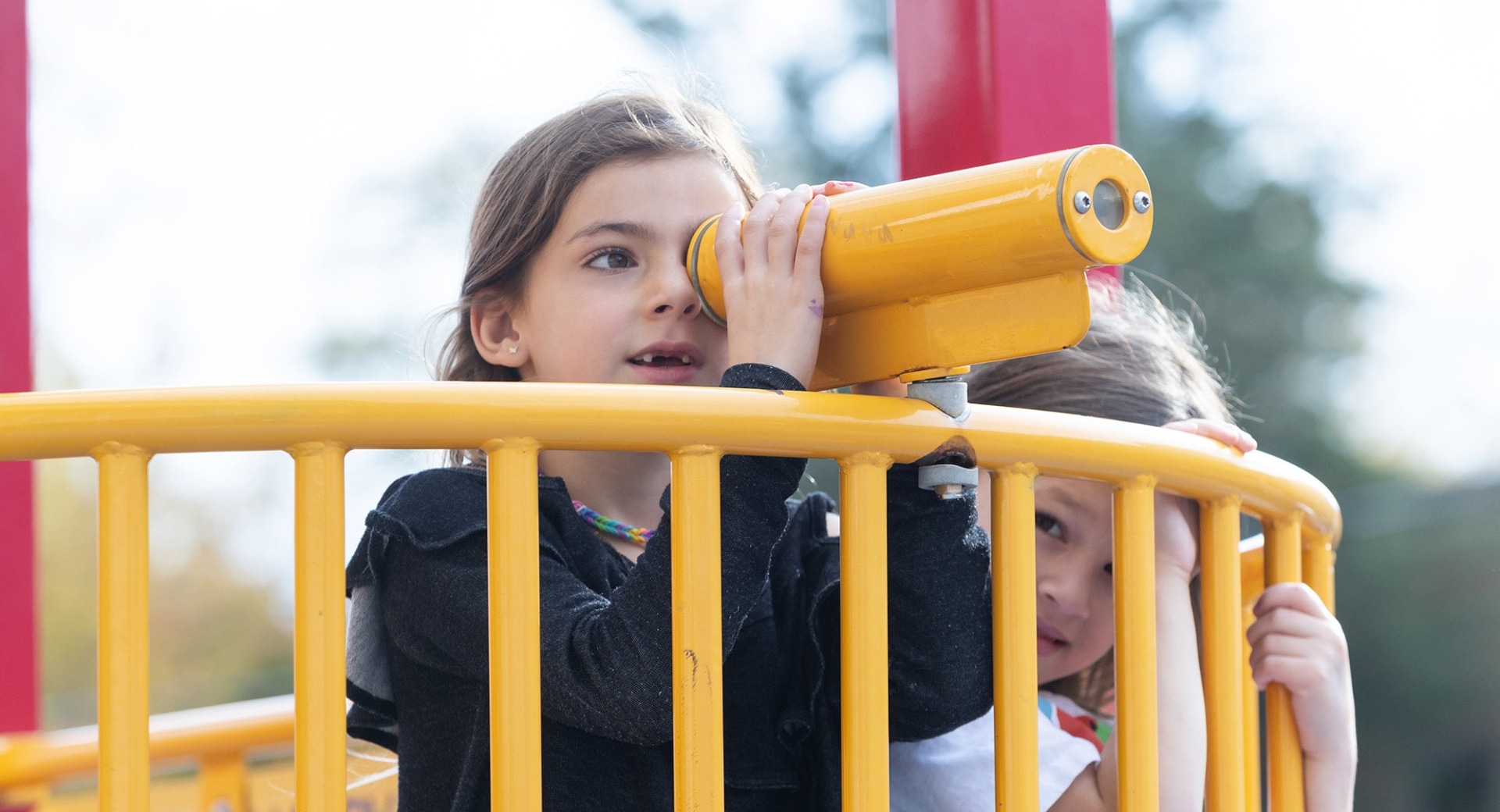
I have a distinct memory from my first time away at overnight camp and it’s not about campfire songs or canoeing. After the first night, I wound up like an Egyptian mummy, wrapped in the fitted sheet that I couldn’t get to stay on my mattress. At home, my mother had always made the bed for me. At camp, I realized that I needed to embrace my new-found independence and learn to make my bed myself.
Supporting children is part of the job for teachers and parents, yet our goal is to help our kids develop skills to be self-sufficient and eventually independent adults. This may mean teaching kids to conquer the fitted sheet. Beyond that, there are plenty of opportunities to encourage independence both at home and at school. Here are three ways we develop independent kids at Bialik and how parents can support this learning at home.
Train for Maximum Gain
Read any article about starting a fitness habit and it’s sure to mention organization. Want to run in the morning? Set your shoes and clothes out the night before.
At school, we focus a lot of time at the start of the school year setting kids up for success. This means teaching them how to organize their school materials and take responsibility for their belongings. Students are empowered to solve problems independently. For example, teachers prepare students to think about the different tasks and roles required to complete individual assignments. This helps them establish effective teams and collaborate on projects with confidence.
During recess time, we encourage students to advocate for themselves when they have issues with their peers. This helps them develop valuable communication and conflict resolution skills, essential for their independence.
At home, there are endless ways to encourage more autonomy in children, from making their beds, to trying that difficult homework question on their own before seeking help.
Maintain a Decision-Rich Environment
Every day is filled with choices and consequences: Study for a quiz or relax with friends? Participate in class discussions or stay quiet? Challah or Babka? Many of the ways we structure lessons are geared towards encouraging students to make smart choices that foster critical thinking, independence and maturity.
For example, students can have a say in how they demonstrate their understanding, like choosing between creating a visual poster, writing a short story, or performing a skit to explain a concept. When the older students vote for their Student Council Representatives, it allows them to practise making choices — and to see the impact of their choices. By offering the right amount of choice, students not only feel autonomous, but also learn to trust their instincts and prioritize. They learn to make choices that lead to better outcomes, such as setting boundaries with friends to stay focused on their goals or managing their time to balance responsibilities and personal interests.
Allowing children to continue this development through age-appropriate decision making at home can support them to feel competent. Whether it’s planning their after-school meal or entertainment, it’s another opportunity for learning.
Nurture Each Child’s Unique Spirit
Bialik encourages everyone to be their authentic selves and celebrate their unique strengths, whatever they may be. Academically, we ensure students get what they need to succeed by designing lessons that accommodate everyone’s learning styles. This approach, known as Universal Design of Learning, ensures our course of action reflects students’ differences and helps them expand upon their inherent traits. If a student is struggling with skill development, we have the flexibility of creating a customized Growth Plan to help that individual meet their learning goals.
Similarly, parents can support their kids’ individuality. If a child wants to play alone sometimes, go for it! They may be practising a skill or reflecting on an interaction during solo play. Find opportunities for your children to build upon their interests and abilities — even when they may not fall within your own ideals. Maybe this means registering them for art or science camp or another specialty they want to explore.
As you work to nurture your children’s autonomy, it’s a wonderful opportunity for learning. And who knows, you might just avoid future bedsheet mishaps with a lesson in the art of “well-tucked” independence!
David Cohen-Olivenstein
Vice Principal, Viewmount Elementary Division
